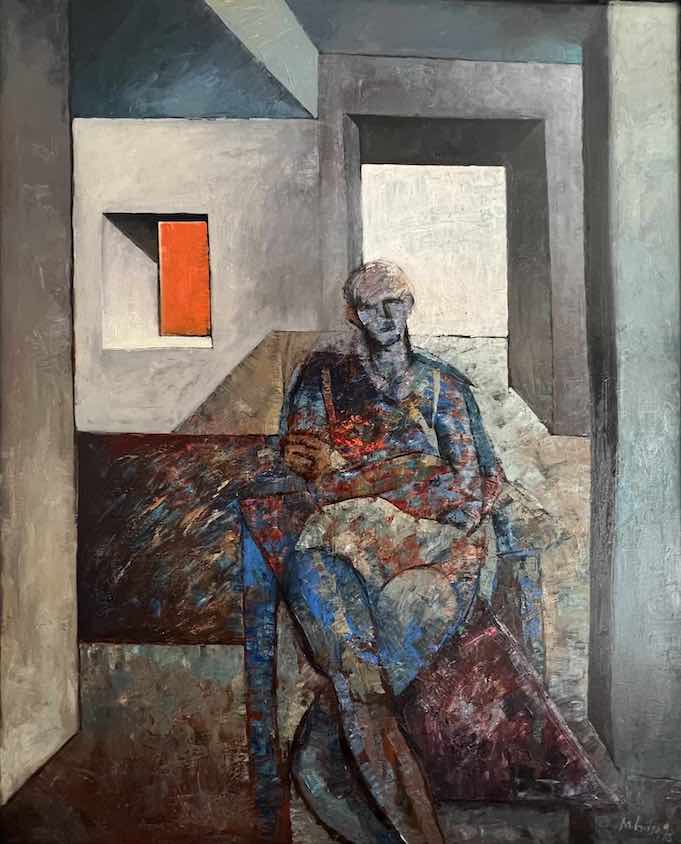«Fiz este libro en que puse algunas cosas que fallé en un libro»: il Libro del cavallero et del escudero di Juan Manuel e il Llibre de l’orde de cavalleria di Ramon Llull
DOI:
https://doi.org/10.7203/scripta.19.24466 Resumen
Resumen
Riassunto: L’individuazione, a partire da Francisco de Paula Canalejas, del Llibre de l’orde de cavalleria di Ramon Llull come possibile fonte del Libro del cavallero et del escudero di Juan Manuel ha suscitato un vivace dibattito sul grado di autonomia del trattato manuelino. Che il «libro» nel quale don Juan «falló» «algunas cosas» e le «puso» nel suo, come confessa nel prologo, possa essere identificato con il trattato sulla cavalleria di Llull parrebbe in effetti certo. E tuttavia, sia per ciò che concerne la cornice narrativa, la cui trama, dopo un comune avvio, nel Llibre sorprendentemente si interrompe, mentre nel Libro si sviluppa fino al prevedibile epilogo, sia per i modelli di trasmissione del sapere proposti, sia, soprattutto, per i temi affrontati, le differenze sono più che evidenti. Ma nell’estendere all’educazione cavalleresca i rudimenti del sapere scolastico, don Juan parrebbe aver subito la suggestione di un altro testo di Llull: il Llibre de meravelles o Félix, che nell’offrire, secondo la tradizione enciclopedica, una trattazione esaustiva dell’esistente, presenta una organizzazione della materia affine a quella utilizzata per il Libro. Il trattato di Juan Manuel sembrerebbe configurarsi, dunque, come una sorta di condensazione, sotto la medesima cornice romanzesca, tra i due modelli didattici indicati da Llull, realizzata ricorrendo a contenuti tratti anche da altre fonti, rielaborati ed amalgamati in maniera originale.
Parole chiave: Ramon Lull, Juan Manuel, trattato di cavalleria, sapere enciclopedico
Abstract: The identification, starting from Francisco de Paula Canalejas, of Ramon Llull’s Llibre de l’orde de cavalleria as a possible source of Juan Manuel’s Libro del cavallero et del escudero has originated a lively debate on the degree of autonomy of the Manueline treatise. That the «libro» in which don Juan «falló» «algunas cosas» and «puso» in his, as he confesses in the prologue, can be detected with Llull’s treatise on chivalry would in fact seem certain. And yet, both as regards the narrative frame, whose plot, after a common start, in Llibre surprisingly stops, while in the Libro it develops up to the predictable epilogue, both for the models of transmission of knowledge proposed, and, above all, for the themes addressed, the differences are more than evident. But in extending the rudiments of scholastic knowledge to chivalric education, don Juan would have suffered the suggestion of another text by Llull: the Llibre de meravelles or Félix, which in offering, according to the encyclopaedic tradition, an exhaustive treatment of the existing, presents an organization of matter similar to that used for the Book. The treatise of Juan Manuel would seem to be configured, therefore, as a sort of condensation, under the same fictional frame, between the two didactic models indicated by Llull, made using contents also taken from other sources, reworked and amalgamated in an original way.
Keywords: Ramon Lull, Juan Manuel, treatise on chivalry, encyclopaedic knowledge
 Descargas
Descargas
Descargas
Publicado
Cómo citar
-
Resumen756
-
PDF 598
Número
Sección
Licencia
![]()
Tots els treballs publicats en SCRIPTA. Revista de literatura i cultura medieval i moderna es troben sota una llicència Creative Commons del tipus Reconeixement - NoComercial - SenseObraDerivada 4.0.



